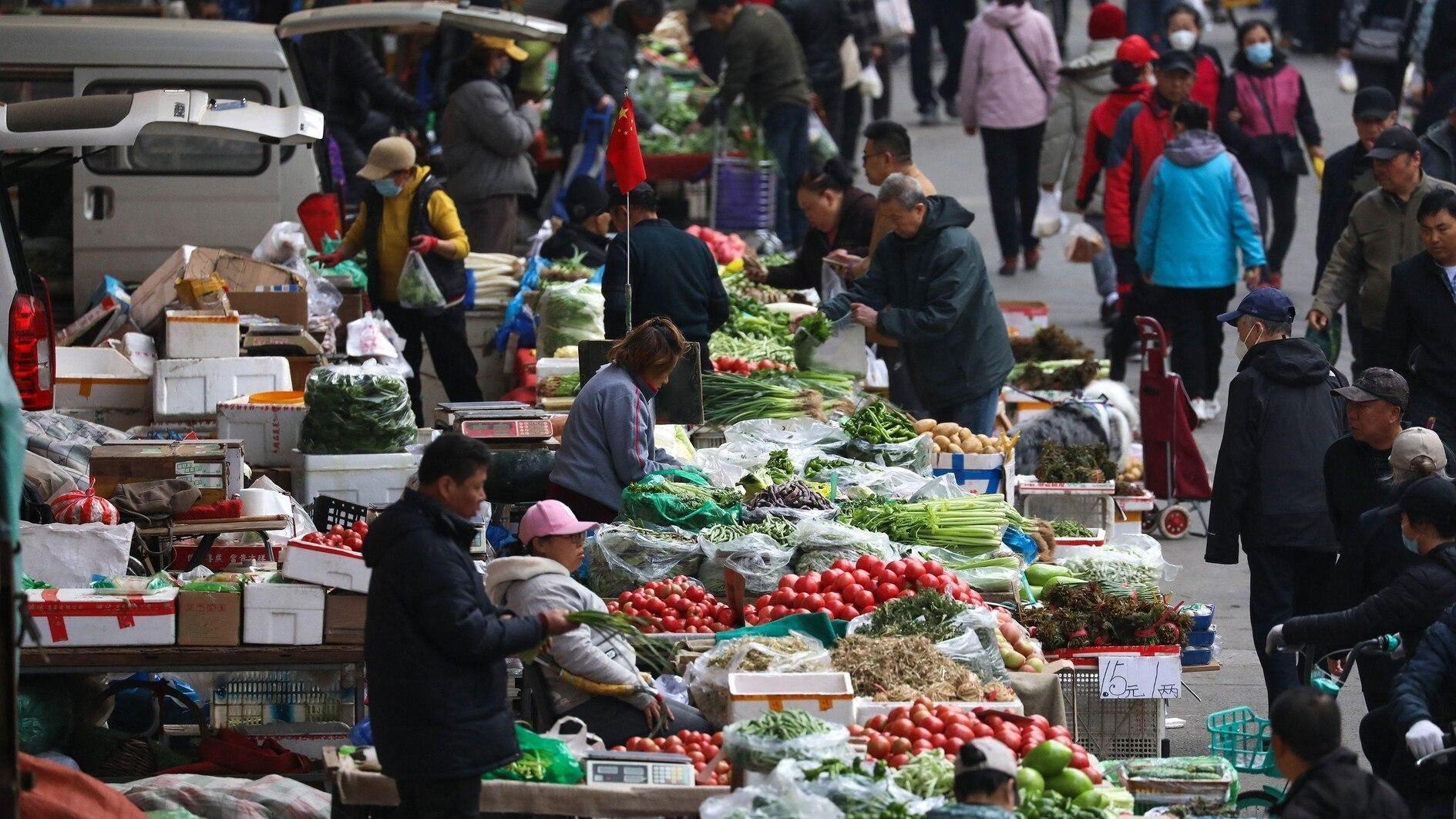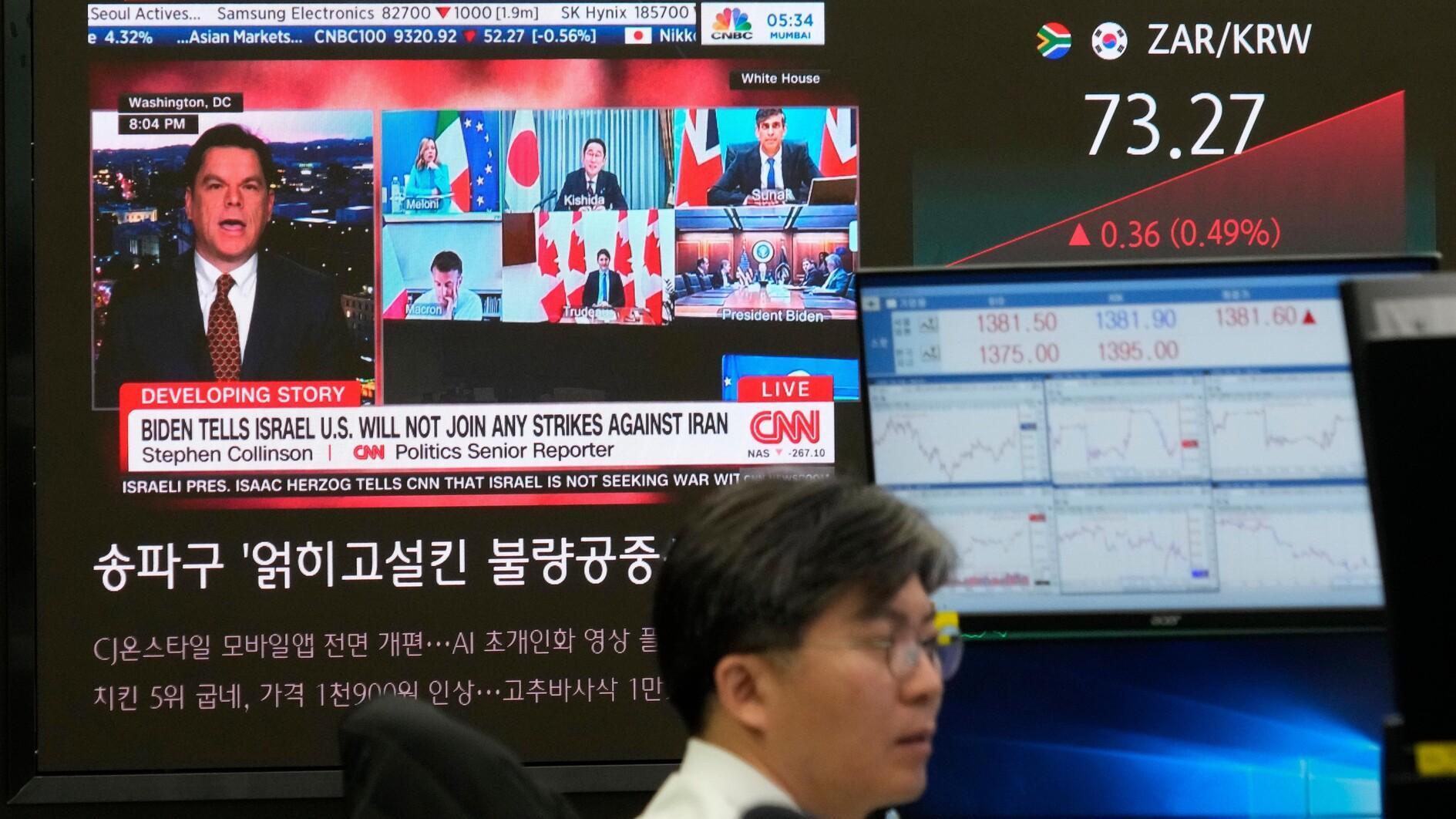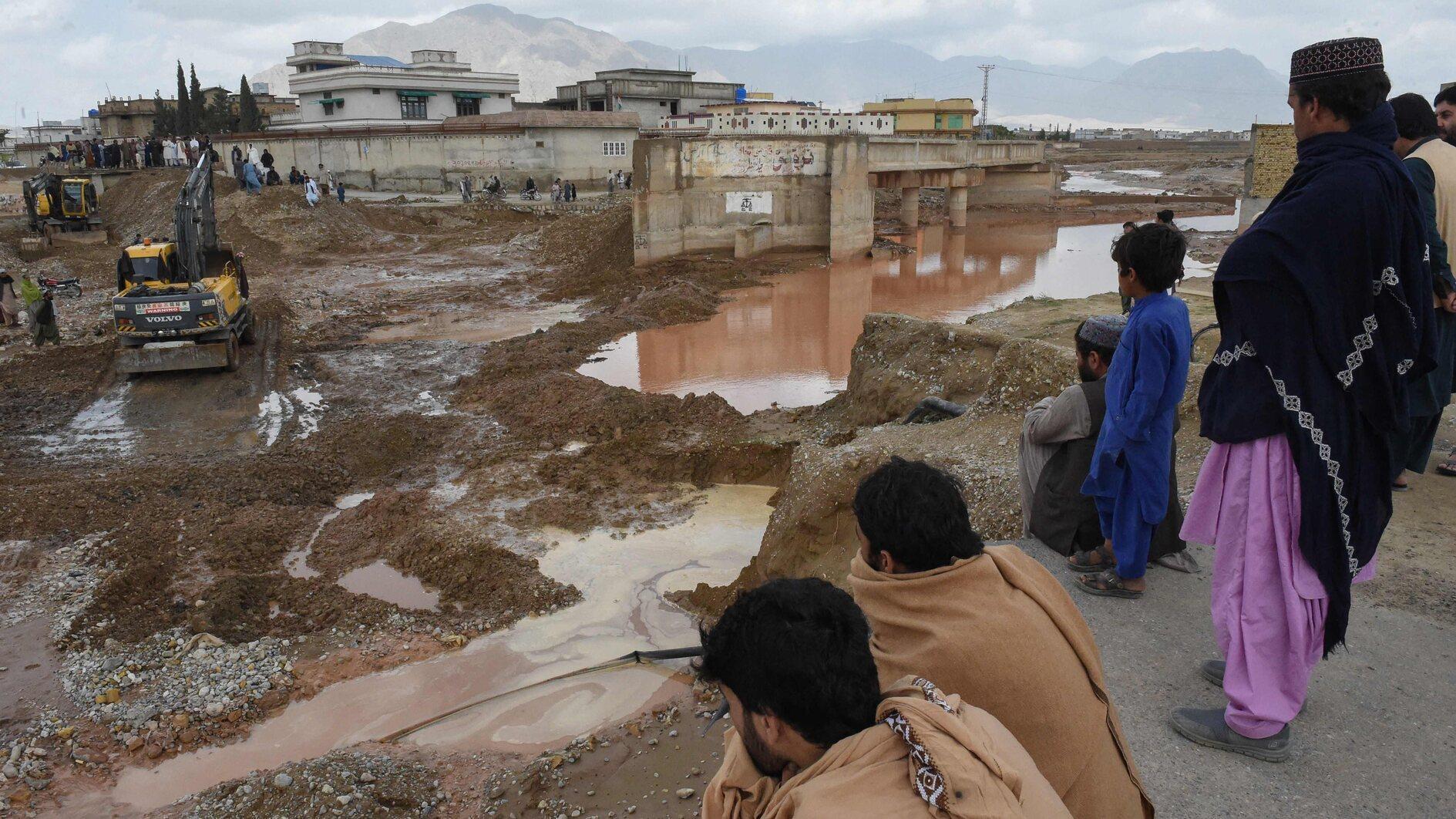Turkish opposition eyes Gül for presidency
Political waters are warming in Turkey after the main opposition Republican People’s Party’s (CHP) unexpected and unprecedented move to lend 15 of its MPs to the center-right İYİ (Good) Party in order to let it form a parliamentary group, in case it was blocked from entering early elections on June 24.
CHP leader Kemal Kılıçdaroğlu made the radical decision on April 22 after a meeting with İYİ Party leader Meral Akşener on April 21. After the 15 MPs joined the İYİ Party and helped them form a group - which needs at least 20 seats in the 550-seat Grand National Assembly - the Supreme Election Board (YSK) declared that the İYİ Party could enter the elections anyway.
Later on the same day an interesting statement came from Kurdish problem-focused Peoples’ Democratic Party (HDP) spokesman Ziya Pir. He said the HDP’s candidate for presidency would probably be Selahattin Demirtaş, the party’s former co-chairman who is currently in jail on claims of helping the outlawed Kurdistan Workers’ Party (PKK). However, Pir added that if former President Abdullah Gül stands for the presidency then the HDP could vote for him against Erdoğan.
Kılıçdaroğlu has been trying a lot to find a joint candidate for presidency against Erdoğan. That is why he has still not yet announced a CHP candidate. According to whispers in the political backstage, Kılıçdaroğlu has been sending emissaries to Gül and Gül’s emissaries to try to convince the former president (despite a growing reaction from within the CHP, especially from the party’s left wing). There is also a widespread belief that İYİ Party leader Meral Akşener could withdraw her candidacy for the presidency, although she has not confirmed those reports in the past.
A key figure in this debate is Temel Karamollaoğlu, the leader of the conservative Felicity (Saadet) Party. Saadet is the heir of the Milli Görüş movement, led by religious-conservative Necmettin Erbakan, which used to be the home of both Erdoğan and Gül. The Justice and Development Party (AK Parti) was established after they split from Erbakan in the early 2000s, so in a way Karamollaoğlu, Erdoğan and Gül are old political fellows.
Kılıçdaroğlu met with Karamollaoğlu on April 23, after which Karamollaoğlu said he hoped the joint candidate issue could be brought to a conclusion by the weekend. Previously he said that after meeting with Kılıçdaroğlu, Akşener and some other parties he would try to talk to Gül on the issue.
Following that meeting Kılıçdaroğlu delivered a hot-tempered speech in parliament, saying the AK Parti had transferred the powers of parliament to one person, implying President Erdoğan, through the ongoing state of emergency. The CHP leader suggested that this transfer also effectively counts as a coup.
April 23 was the 98th anniversary of the establishment of the parliament by Mustafa Kemal Atatürk in the middle of the War of Independence. As a result, parliament’s general assembly held a special session to commemorate the anniversary, during which Kılıçdaroğlu’s words prompted a sudden rise in tension. A heated row erupted between the CHP leader, Prime Minister Binali Yıldırım, and the spokesmen of the two parties.
Gül is the starring actor hidden throughout the game. As president from 2007 to 2014, Gül made it clear during the referendum debate in 2017 that he was not in favor of accumulating all executive power in presidential hands, preferring instead a reformed parliamentary system. But he is reportedly reluctant to stand against his old fellow Erdoğan and is said to be worried about failing to find enough popular support to make his candidacy worthwhile. There are also reports that Gül does not want to be the candidate of any particular party.
Accelerated contacts between the opposition parties in pursuit of replacing Erdoğan through a joint candidate are continuing with no predictable result for the time being. But they have certainly heated up Turkish political life.
Life has complicated ways to teach lessons to who need them.
In 2007 it was then CHP leader Deniz Baykal who led a furious campaign against the possibility of Gül (then the AK Parti’s foreign minister) getting elected as president, which was also not favored by the military or judicial establishments of the time. That debate prompted Erdoğan to take Turkey to an early election (again upon the suggestion of Nationalist Movement Party leader Devlet Bahçeli). He ended up winning a big majority in parliament, getting Gül elected as president and leading to a change in the constitution that allowed the popular election of the president, (rather than having the president elected by parliament). In a remarkable turnaround, it is now today’s CHP leader Kılıçdaroğlu who is testing the waters to see whether Gül could be a joint opposition candidate for a snap election against Erdoğan.
There is still much uncertainty, but it will clearly be a long and busy week in Turkish politics.











